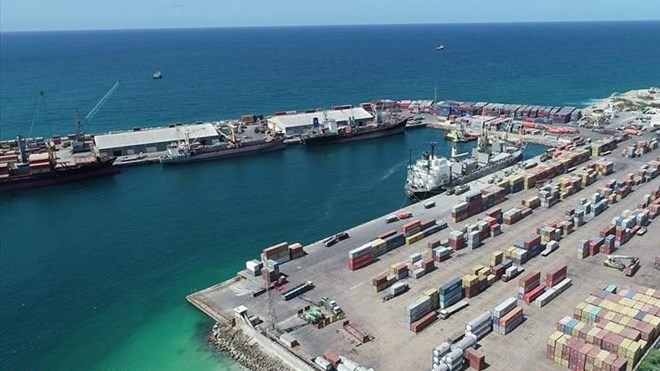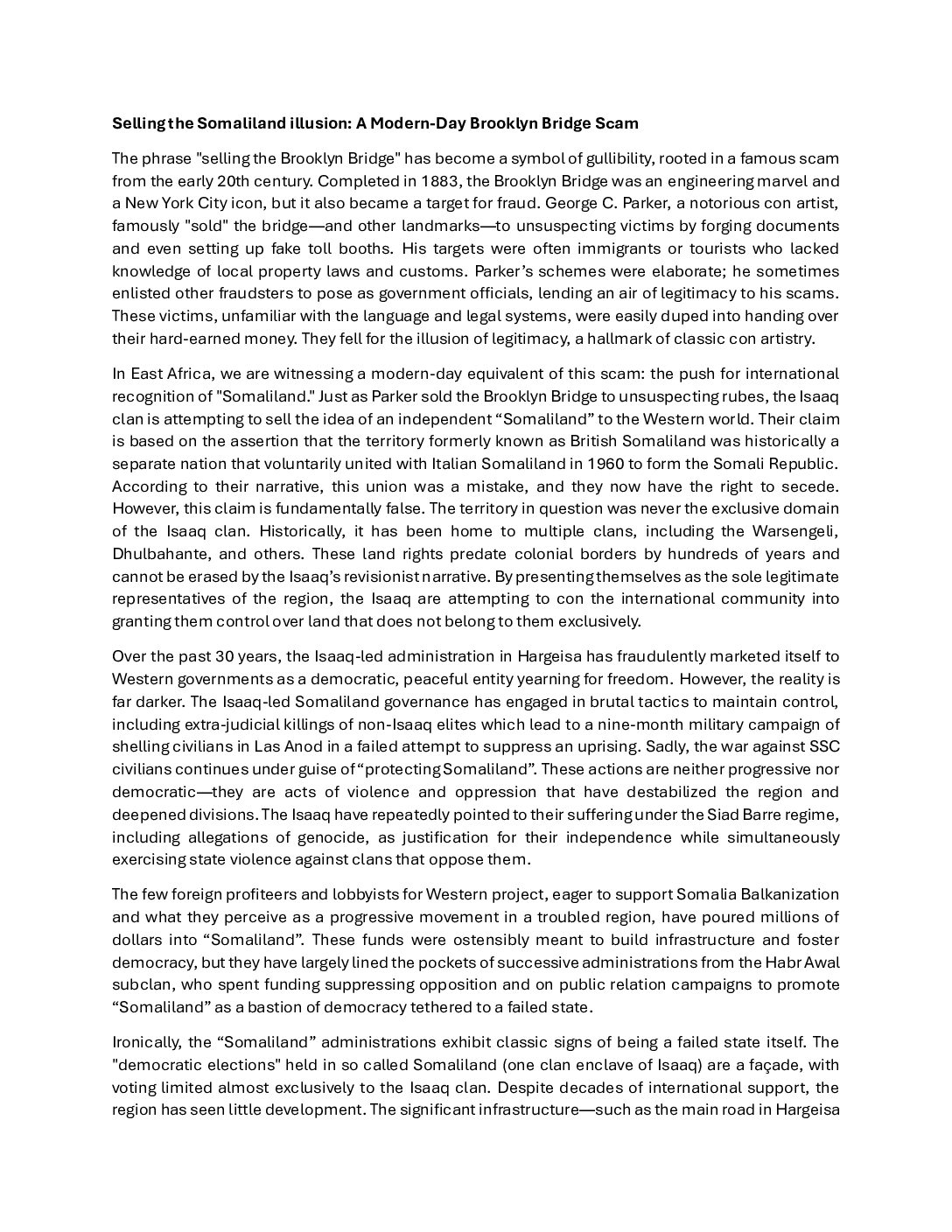
Somalia has enacted new maritime legislation to improve control over vessel movements in its territorial waters. All vessels entering or operating in Somali national seas must display the Somali flag and notify the country’s maritime authorities, according to the new rule. This is aimed at improving Somalia’s marine governance, which has been under-regulated since its last amendment in 1989. The legislation aims to reduce illegal, unreported, and unregulated (IUU) fishing, which costs the country an estimated $300 million per year.
These directives’ implementation coincides with growing geopolitical tensions in the Horn of Africa. Ethiopia and Somaliland have signed a deal that grants Ethiopia access to the Berbera port in the Gulf of Aden. However, Ethiopian vessels using Berbera are not required to display the Somali flag, potentially leading to complications with the recently imposed maritime legislation from the central government of Somalia.
Somalia and Turkey have also struck a defense and commercial deal to strengthen their marine capabilities. The contract includes provisions for Turkey to train and equip the Somali navy to effectively battle terrorism, piracy, illicit fishing, and other marine dangers.
Despite international attempts to combat piracy in the region, new events indicate a resurgence. Somali pirates abducted the Maltese-flagged bulker Ruen in December 2023, marking the first successful capture of a commercial ship off Somalia since 2017. Authorities in Puntland recently recovered six drones thought to be affiliated with Al-Shabaab or ISIS, revealing an escalation in terrorist group strategies. U.S. intelligence warned of a potential cooperation between Al-Shabaab and Yemen’s Houthi rebels, further complicating Somalia’s efforts to secure its maritime borders.






